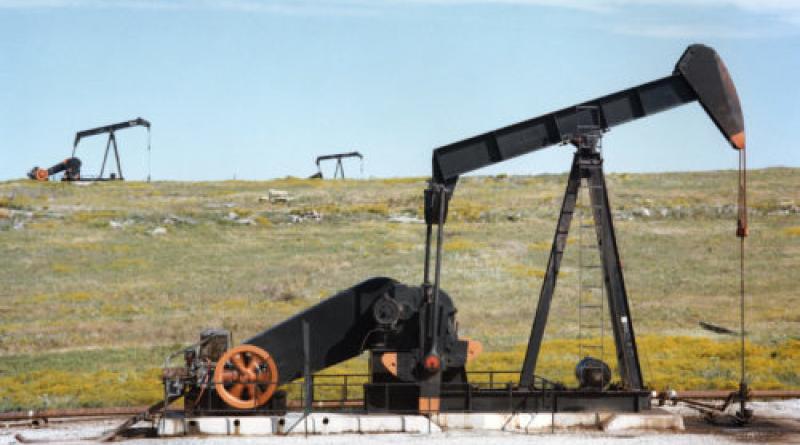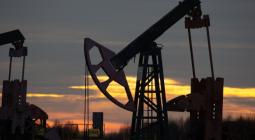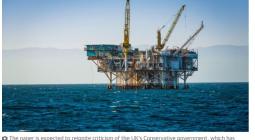No One Answering the Phones as Calgary Oil Company Leaves Behind 1,000 Orphan Wells

A Calgary oil and gas company has been ordered to abandon close to 1,000 wells, pipelines, and other facilities over concerns about care and maintenance of the sites.
But questions remain about whether Tallahassee Exploration will be able to pay for the multi-million-dollar reclamation plan the provincial regulator has ordered the company to submit, The Canadian Press reports. Phone numbers for the Calgary company’s office were not in service early last week.
In an order issued Monday, the Alberta Energy Regulator told the company it has 60 days to complete the first stage of cleanup for 693 wells, 146 entire pipelines, and 75 facilities.
“Abandonment work, including surface abandonment and removal of cement pads, debris, and produced liquids associated with the wells, must be completed in accordance with (regulatory) requirements,” the order says.
The company also has 30 days to submit a detailed plan for how it will complete remediation.
“Tallahassee has not demonstrated it is capable of providing reasonable care and measures to protect public safety and the environment and is unable to meet its regulatory and end-of-life obligations,” says the order.
The regulator first issued an order in September for the company to clean up its sites.
Another order was issued in November, demanding the company provide financial information and forbidding company officials from being on its site without approval from the Orphan Well Association.
The association is an industry-funded group that cleans up wells for which no solvent owner can be found. As of June 1, it had 2,647 sites in its inventory, not including Tallahassee assets.
Tallahassee will remain the owner of those assets although the Orphan Well Association retains control of their care and custody. Tallahassee remains responsible for all costs incurred by the association.
Lawyer and regulatory watchdog Drew Yewchuck said about 300 of Tallahassee’s wells are inactive and are likely to wind up as orphans. The rest could be sold off to producers comfortable with low-producing assets.
“The (association) will be doing care and maintenance until the bankruptcy process completes and the wells are either officially transferred to the (association) or they find some other buyer willing to take them.”
But “(Tallahassee) can’t close or abandon them. They don’t have the money.”
The Parliamentary Budget Office estimates the average cost of cleaning up an oil well at C$78,000, although some experts consider that figure low. Still, that figure would put the cost of remediating all of Tallahassee’s wells at more than $54 million, not including the pipelines or other facilities.
If Tallahassee is unable to meet its requirements, the regulator can pursue other companies that own shares in the wells.
“Where the licensee is no longer able or unwilling to meet their regulatory requirements, the (regulator) looks to other responsible parties to execute the remaining closure obligations,” said regulator spokesperson Coral Hulse in an email.
The regulator can also issue fines, pursue court action, or prevent individuals in a non-compliant company from owning or operating an energy company in Alberta.
Tallahassee has a long history of regulatory and financial problems, CP writes.
In 2019, the Alberta Energy Regulator rated the company’s liability-to-asset ratio at less than half of what it considered stable. Still, the regulator approved Tallahassee’s purchase of assets from other troubled energy companies the following year, even as the Northwest Territories was blocking the company from buying wells in its jurisdiction.
Tallahassee failed to pay its regulatory levy and its orphan well levy in 2020, payments required of all oil and gas operators in Alberta. Also, it did not meet the mandatory reclamation spending targets the regulator set in 2022.
Earlier this year, British Columbia’s regulator fined the company $40,000 for improperly managing gas wells, and Alberta fined it for failing to report its emissions of methane, a potent greenhouse gas.
This report by The Canadian Press was first published June 10, 2024.





